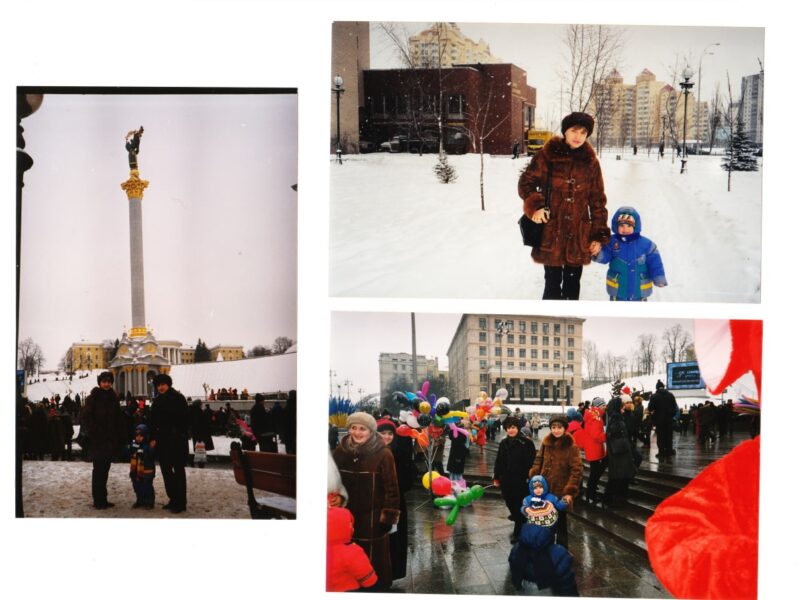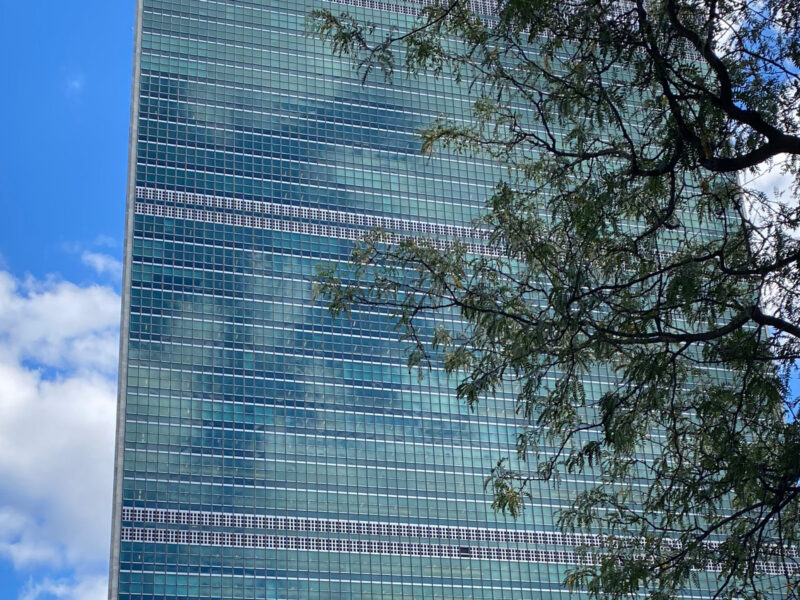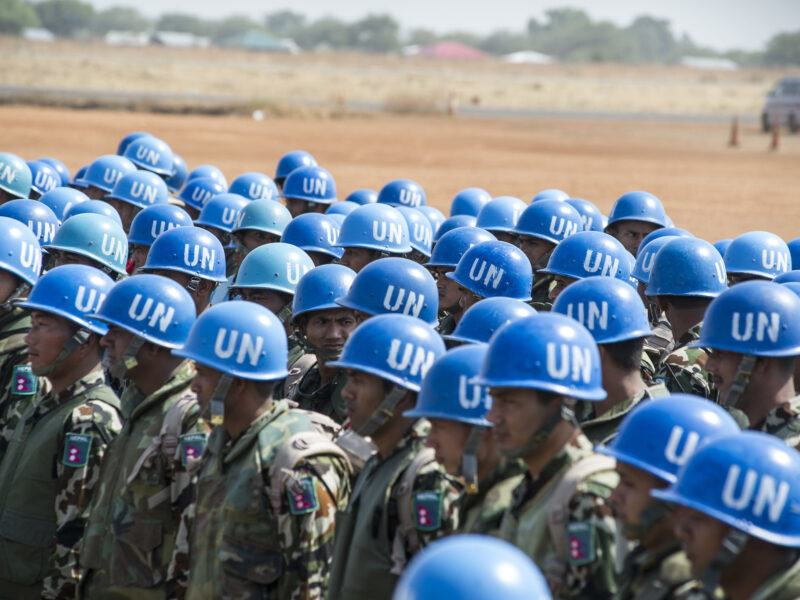FN i kris – men fortfarande oumbärligt
31 mars, 2025Om FN inte fanns, skulle organisationen behöva uppfinnas. Den sanningen har upprepats ofta, och är väl värd att hålla fast vid i en tid då marken under FN-skrapan i New York gungar.
In Colombia, four years after the signing of the historic peace agreement between the government and the FARC guerrilla, local civil society actors are a pivotal force for promoting change. The FBA, together with CIASE, a network of women´s organizations, and the Colombian National Police is enabling a space for joint learning for civil society actors and police officers on human security, leadership, and dialogue and mediation.
As most of those who have seen a peace process up close will tell you, the signing of a peace agreement, as difficult and contentious as it may be, is only the first step in a long process of rebuilding the social fabric and contract between the many parts of a war-torn society. In Colombia, it would be fair to say that the optimism surrounding the signing of the 2016 peace deal and the subsequent downturn in conflict-related violence has now faded.
In many parts of the country, local populations face increased levels of violence, as armed and criminal groups compete over the control of illegal economies. Since November 2019, a wave of demonstrations have reflected public discontent with policies ranging from teachers´ salaries and fracking to the need for a police reform and the implementation of the peace accord. As in many other countries, the covid-19 pandemic threatens to undo decades of work to combat poverty and marginalization.
While the ambitious transformations foreseen in the peace agreement are no longer at the top of the political agenda in Colombia, peacebuilding continues at many levels and by many actors. An important piece of the puzzle is creating space for dialogue between different people, institutions and organizations that for the better part of half a century have had fundamentally different views of the challenges facing the country, and of what should be done to address them. Across the country, thousands of initiatives are underway, engaging national and local authorities, civil society organizations, indigenous authorities and others. Strengthening the conditions for such dialogues to succeed is one of the strategic objectives of the FBA’s work in Colombia.
Renouncing the use of violence in politics, a key prerequisite for the peace deal, requires a fundamental shift in social relations and perceptions of security. Building trust in public institutions, including security forces, is a fragile and long-term endeavour. Through the Leadership for Peace Programme, the FBA, together with CIASE and the Colombian National Police, brings together 24 women from three conflict-affected regions over a six-month period in online workshops. The workshops aim to build a common understanding around concepts such as human security and a people-centred approach to security, and to strengthen practical leadership and mediation skills.
The participants of the programme work in complex and fragile contexts, where there are no blueprint solutions to the security challenges facing them, be that as representatives of the police force or civil society organizations. Yet, they are key actors for building a long-lasting peace and transforming the way that institutions and society as a whole address insecurity and conflict.
Given the circumstances under the pandemic, all workshops are done online, which is an additional challenge in fomenting an enabling environment for trust-building and a shift in notions of security. Nevertheless, participants eagerly share their experiences and engage around case studies and study material over Zoom. From our home offices in Stockholm, it is encouraging to see that so many efforts are ongoing, despite the challenges posed by the pandemic and beyond, to create space for dialogue and innovative peacebuilding.
av Hanna Bertelman
Many people imagine war as life buried under rubble, isolated and broken. That is one face of it, for sure. But the other side is much more surreal: a “normal” routine that persists despite everything.

FN-dagen infaller den 24 oktober. När organisationen nu firar sin 80-årsdag är det många som undrar hur den mår.

Amidst rising global tensions and a continuous increase of authoritarianism, polarisation and disinformation, the need for evidence-based solutions for conflict resolution, prevention and peacebuilding is now more crucial than ever before.

Democratic practices have a long history in Iraq. But as a consequence of the more recent decades of authoritarian and centralized rule, the distinct responsibilities of citizens and the state in a democracy cannot be taken for granted.